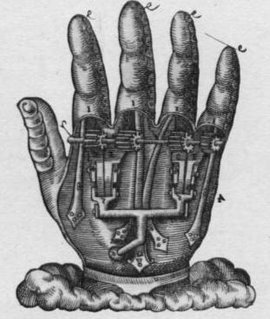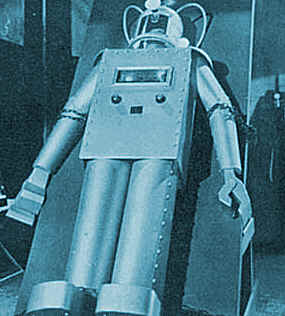The Social Context Of Being Brainwashed and Human

The New Age movement would have me believe that I'm a malfunctioning human because I've been indoctrinated, brainwashed by mainstream society and culture. I can not only not handle the truth, I can't see the truth because I'm blinded by my experiences in the world. I luboriously trudge through my woeful life dragging an inordinate amount of psycho-baggage, passivily inherited from my life experiences, which I'm unwilling to unpack to lighten my load because I'm not even aware of the 'negative speak', my inner voice, my psychobabble, that apparently runs (ruins) my life. Accordingly I'm in need of salvation. Socialization is the enemy. Insularity and Perfection is the goal - reversing all that is wrong with (my) life to all that is right (according to whom?). Simple. If I attempt to argue with the New Agers that I'm feeling quite fine, that I enjoy my life, my friends, my family and the challenges that modern society present, I'm characterized as delusional, unable to break through to the true self and listen to my 'inner wisdom' which apparently knows more than I do. I've tried meditation - to no avail. Sitting quietly trying to get to nowhere in my head is boredom in the extreme. It's in this state of 'Profound Boredom' that Heideggar reveals that Human Dasein is "being held suspended in the nothing." Apparently in boredom I become human and of the world. Agamben succinctly puts it thus: "Dasein is simply an animal that has learned to become bored; it has awakened from its own captivation to its own captivation. This awakening of the living being to its own being-captivated, this anxious and resolute opening to a not-open, is the human." So my revelation of boredom is really an expression of my being alive because I'm able to see through and into the world and simply not be a reactive captive to it. I'm aware of my existence and I can choose to interact with the world or not. New Agers seem to be saying that I must withdraw from this world to experience true life. Heidigger seems to be saying that to be human is to experience a disengagement with my animal-self (my uncaptivated instinctual behaviour) to actually clear the debris of instinctual-captivation to see and interact with the world. I don't wish to disengage with myself (I guess that would be self-induced schizophrenia) or the world or on the other hand do I wish to submerge my ego, my individuality completely into a world (then I'd be denying the self). I do want to be part of the world through my family, community, and country. I need to listen to my inner spiritual self which is made up of emotion and intellect, driving me inexorabley towards the social aspects of being human. We are social animals and society is what we make of it and visa versa. To the chagrin of New Agers the individual maybe gets a bit lost in this social world of interconnectedness but its reality (not just mine, but yours and that of all others) and its all we got. If you disengage with society then you disengage with yourself.
I agree that we as individuals should be existentially responsible for our own actions. Atheisticly I agree that there is no higher power where "salvation ultimately lies with external agency." But by turning only inward to the self to find perfection and guidence if taken to extremes can only lead to anarchy and a fallout society that thrives on exclusion and greed (I guess we have enough of that already). And still the problem persists that they too, much like orthodox religions, must set up ways of teaching and methods of indoctrination to sustain and swell their ranks and fill their coffers. Where is the difference. What is the point.
We may be witnessing the disintegration of aspects of our society and culture through social inequality and mass consumerism, but turning our backs by turning inward for some kind of revelational salvation is not the solution. We all have a stake in keeping our culture healthy - we don't walk this earth alone; we have each other.


